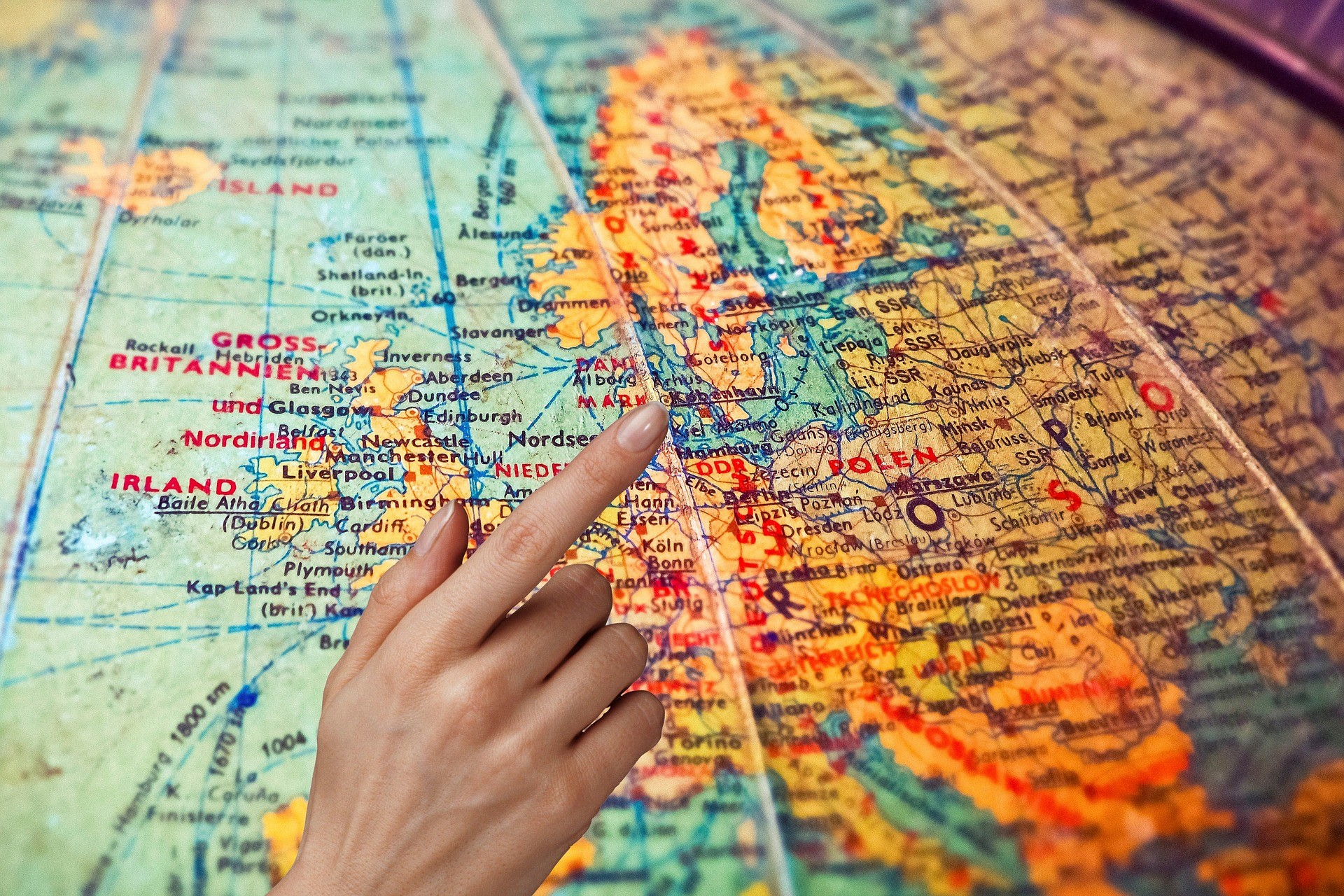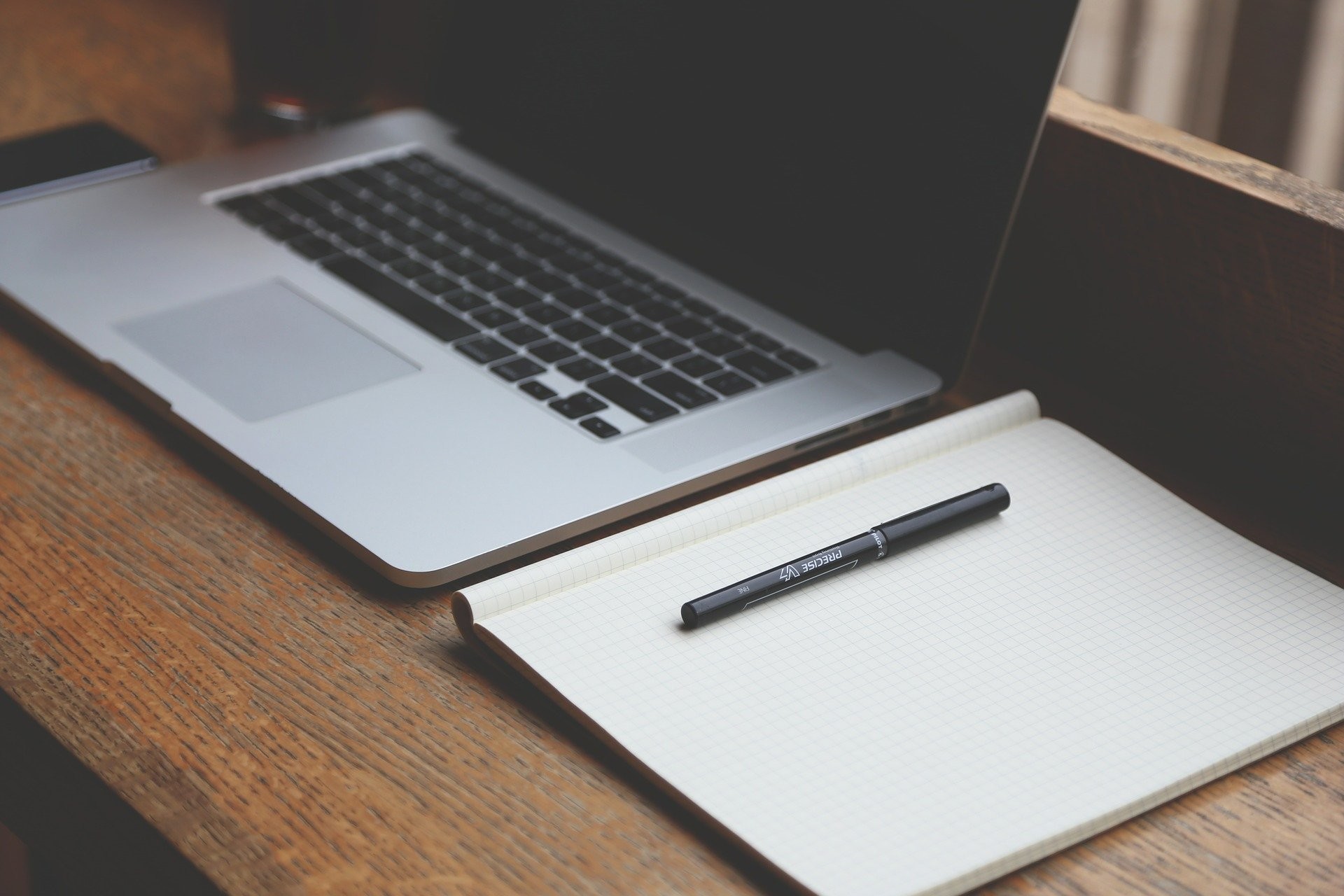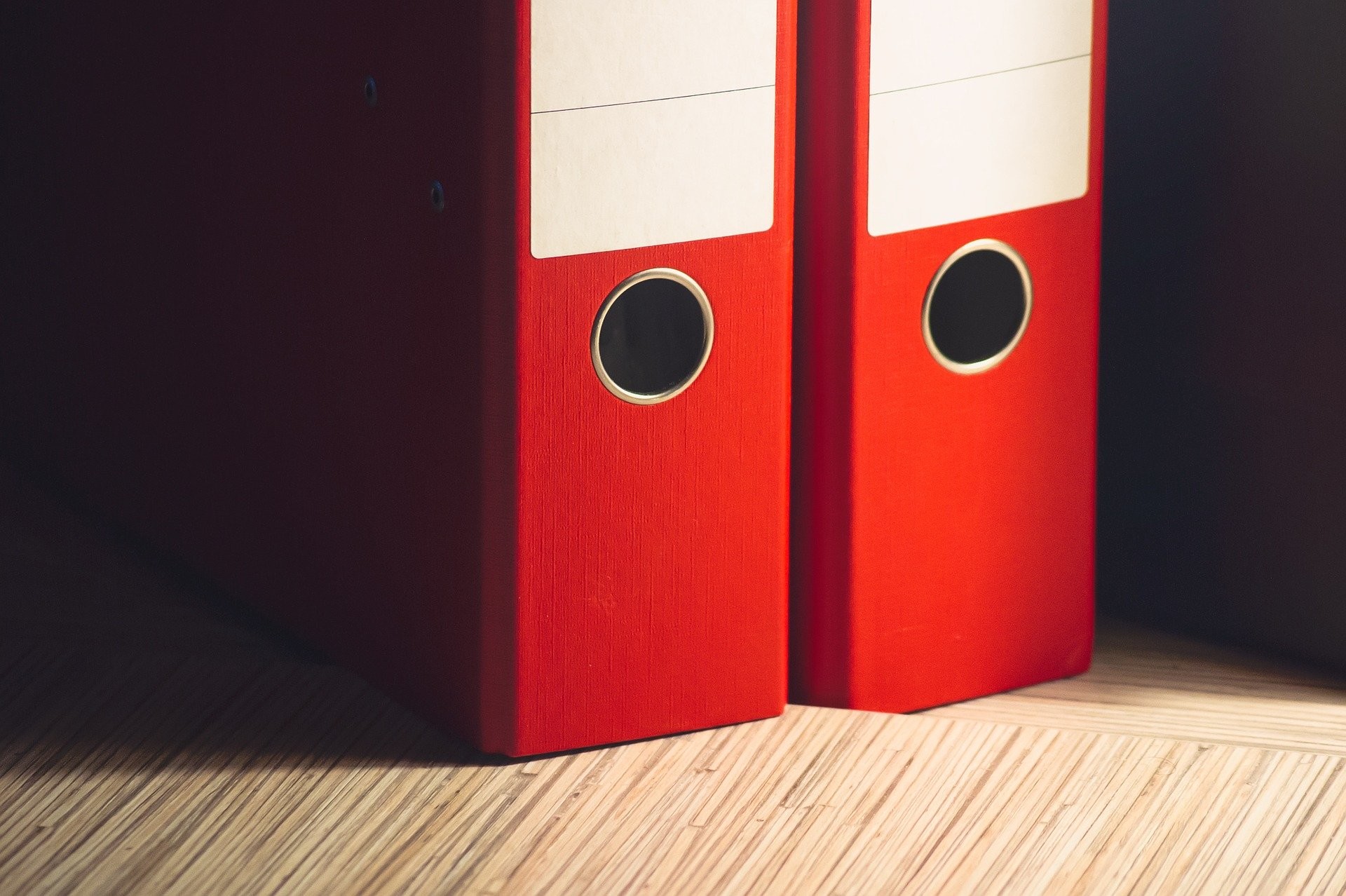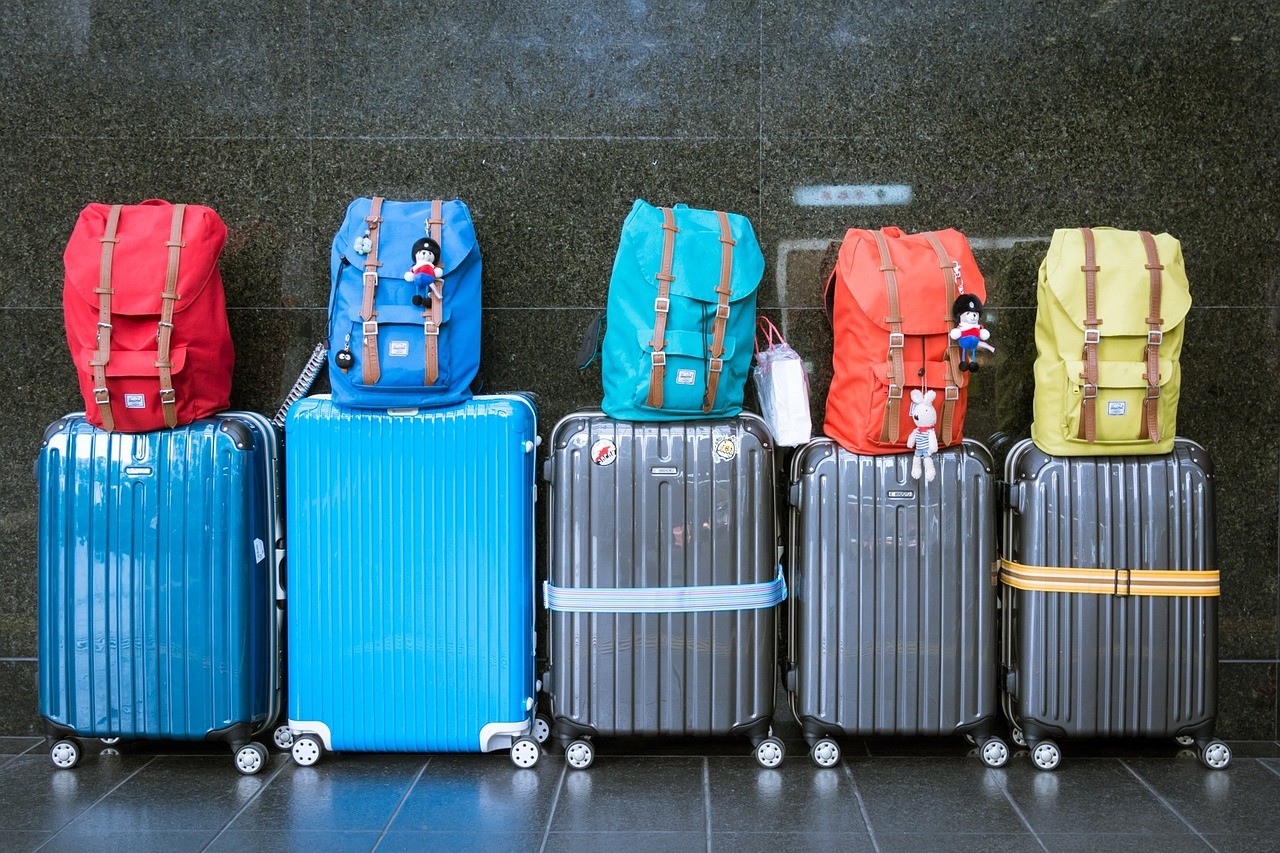Travel Tips
Preparing for your trip abroad
I wish someone would have sat me down and gone through a list of everything that I would need to consider before moving abroad. Since, my application and acceptance were a very quick process, it did not leave me much time to fully settle into the idea and get every ready and prepared for what would be my next journey in life.
I think it is vital when undertaking an experience such as moving or studying abroad, to research all aspects and ensure that you are fully prepared for the journey ahead.
I am hoping that these tips and tricks will allow you to feel somewhat more prepared in journey in travelling to a new location.

Research before applying
-
There is no point in applying to study or work in a country that will not beneficial to your aspirations. You have to make sure that the place you want to visit, has some of the best facilities for your chosen work or study area. This piece of advice is vital. You might think it all well and good being able to study or work abroad, but if the destination lacks facilities and activities that will further your prospects, then you will soon come to regret that decision. Before choosing Malta, I explored a lot of avenues when it came to choosing the right destination for me. As my course centred a lot around media, I knew that Malta itself had an expanding global presence, as it had many opportunities within such sector. Also, the emerging Valletta 2018 activities mainly surrounded the media and art industry, making it perfect to find an activity outside of the work space, that would further correlate with my subject area.
-
Have options when researching. It is best to pick a few key destinations that would suit your criteria and ensure that these will give you the best opportunities during your time away from home. I would also deem it necessary to work with areas that will also be more cost friendly. Yes, it’s great to aspire, but sometimes you have to be realistic with your budget.
-
If you are a student, see what form of grants your university will offer during your time abroad. Any monetary help will be very beneficial to you and can actually make or break your decision when travelling. Me personally, I had originally wanted to travel to Asia, but since I could not find any funding for this, I had to explore the opportunities in Europe, as part of the Erasmus+ programme.
-
As I would be applying for an internship through an agency, I had to make sure that this agency was completely transparent in what they would require from me and what I would also require from them. Stage Malta have been transparent and open in what they would require from me in terms of money, documentation, time frames, among many other requirements. I was originally going to pursue Malta on my own, but I thought that using an agency would be much easier and more hassle-free. I was completely correct. The process with Stage Malta was incredibly quick and easy, they had correspondence with me almost every day regarding the process of my application and it meant that I also had some control over the placement I wanted.
Devise a plan

-
Ask your University coordinator and agency as to what documentation they will require from you and within what time frame they would need these by. It is best to have these documents ready and prepared well in advance of your departure from the country. I created a list and time frame on Excel that would indicate what documents each party would need, which helped me to keep everything organised. Upon the submission of these documents I then printed a receipt as such, with a date and time stamp as to when I had this completed by. This will enable you to keep on top of your documents in a timely and organised manner.
-
After you have conducted all of your research, collated your documents and finalised your chosen destination (yay!) begin to plan how, when, where you will travel. I knew that I wanted my internship to last two months, so I opted to travel within a specific time frame that would give me some of the cheapest flight options. Travelling in mid-June, just before the summer holidays meant that I got a great deal with my outbound flight and travelling back in late August, was also pretty inexpensive.
-
A great website called Skyscanner will give you the best deals during the period of time that you wish to fly and allows one to find a flight with, fewest transfers, shortest duration and the cheapest price. I would always recommend this website to those travelling on a budget as they give some of the best offers on in the Internet by various providers.
-
I would also recommend when booking your flight, that you purchase an extra cabin bag to take with you. When I travelled to Malta, I took with me a large suitcase, cabin bag and rucksack, which just about housed everything that I needed.
Planning your accommodation
-
There were various choices on offer for me when I had applied to working in Malta. Which meant that I had a tough decision to make. The agency offered their own housing, with either a single or shared room, sharing with a family and a residence. They also gave the option of hotel living, but really, who could afford this?
-
I opted for the self-catered residency. I knew how to cook and look after myself, which meant that I was confident in how I would be able to look after myself in another country.
-
I was given a house in Birkirkara, which then meant that I could plan my route to work and to local amenities. I was able to plan which supermarket I would shop at, where the bus stops were located, where I could find clothes shops and also find a few local bars that we could visit every now and again.
Funding
-
It is vital to think about how you will fund this entire trip. It is great to have aspirations for undertaking a work placement, internship or study abroad scheme. However, you have to be resilient with yourself in what you can afford. I learned this the hard way.
-
As I had a part-time job before coming to Malta, I had a steady income which would allow me to save some money to put aside for paying my accommodation. I managed to save up enough, along with the money from Erasmus, which would cover the cost of my accommodation. I was very lucky to have been able to do this, as I know a lot of students can struggle to juggle both study and a part time job. Which I completely understand. It also helped that I had a scholarship payment that would also boost my funds further, which would allow me to have some spending money of my own to take with me.
-
I then had to figure out how I would fund my time whilst in Malta. So, I planned an Excel spreadsheet that would outline every single area that I would have to account for when travelling to Malta. I scoured the Internet to find the prices of everything that I would need whilst in the country, which meant that I was able to plan a budget accordingly. I worked out that I would need to plan a weekly budget for:
-
Food
-
Travel
-
Toiletries
-
Washing
-
Air conditioning
-
Activities
-
Weekend drinking
-
Miscellaneous
-
Contingency
-
I worked out that this would cost me in total, around €80/90 per week. A cost that is very doable and would allow me to cover all areas of my trip.
-
Don’t be afraid to ask for extra funding from your University or work place. I contacted my University to see if there was any other additional funding that I could receive when heading over to Malta, which would help to take the pressure off myself a little bit. Although they did not have anything on offer, it is always best to research every area of funding that you may be entitled to.
-
Do not expect to be able to work a part-time job. I have spoken about this previously, as a lot of people think that they will be able to utilise their free time to a part time job. I would say, that if you didn't want to be completely run down and miserable during your internship, then do not do this. I was planning on obtaining a bar or waitress job that I could do of a weekend, however, this would not have been doable with my strenuous timetable. It would have also meant that I would not have been able to make the connections with my housemates in the way that I have done. If you are really stretched for money, then I would use this as a last resort. But you don’t want to remember your study or internship as a time where you were run down and unhappy.
Documentation

-
Ensure that every single document that you have, is correct and up to date.
-
Make sure your passport is in date and will be able to be used at least 3 months after your return flight.
-
If travelling in Europe, purchase an EHIC card. If you are a British citizen, this will allow you access to free health care services that you are entitled to back home. This card is a must when travelling as you cannot account for what may happen during your travels.
-
Boarding pass: make sure that you have an electronic copy and paper copy of your boarding pass just in case. Many flight companies are opting for electronic means of documentation, but if something were to happen to your device, what would you fall back on? It is always necessary to make sure that you have a backup.
-
Travel insurance is also a must. My university did provide travel insurance as part of my departure to Malta. However, if you are not provided this, first question it – then look at purchasing your own travel insurance, as this will give you a great deal of peace of mind. Compare the market is a great UK website that will provide you with some of the best deals for insurance. You also get a free cute meerkat toy! Added bonus! When travelling, also ensure that your parents have a hard copy of your travel insurance, so that if anything were to go wrong or if something were to happen to yours, then they have a direct back up of such documentation.
-
Ensure you have all of your Erasmus documentation organised and filed somewhere safe. You will most likely be travelling with a lot of documentation, which means that there is always the chance of misplacing or losing such documents. However, if you purchase or invest in an organisational folder, this will eradicate this problem.
Packing for your trip
-
After all of your hard planning and grafting for your internship or study abroad placement, it's time to start thinking about everything that you will need to take with you when travelling.
-
Remember to pack as light as you can. Going away for two or more months means that you want to take a lifetime of supplies with you, but the reality is, is that it is just not possible to do so.
-
Any toiletries that you can purchase in your host country, purchase them there and not before travelling. Toiletries can often carry some of the greatest weight in a suitcase, meaning that you need to save any weight anywhere that you can. I personally chose to only take a:
-
Toothbrush
-
Toothpaste
-
Shampoo
-
Conditioner
-
Face wipes
-
Moisturiser
-
Insect spray
-
Sun cream
-

If I had taken much else with me, then I would have been carrying excess weight that simply wasn’t necessary to do so.
-
Choose wisely. When it comes to choosing what electricals to take, I would carefully consider this. I for one very rarely use hair straighteners or curlers, so knew that I would need to take these with me. However, if you feel that you need to take something like this with you, then I would invest in the travel size versions of such equipment, for example hair straighteners.
-
This may sound silly, because everyone knows how to pack clothes. But, I would recommend watching a YouTube video prior to travelling, in order to find the best ways to pack your clothing and items. There are some great hidden tricks that I had never even heard of before I came here, which mean that I was able to save a lot of room in my suitcase – meaning I could travel with more.
-
It also always best to see what your host accommodation will provide. If they provide towels and bedding, you will not need to take this. I opted to taking a towel just in case, but I have come to find that I actually did not need it. So, if you know what you will be given prior to arrival, this will benefit you greatly.
-
Look at the climate you are travelling to and be realistic. Go for comfort over fashion. You need to make sure that you are dressed comfortably and appropriately for your trip and not just there to "look good". It is all about being realistic when travelling, so do some research into the temperatures and typical weather patterns of your chosen country.
-
Buy luggage scales. All airline providers have a limit on the amount of hold luggage you can take. But the only way to know if you will tip the scales, is if you buy an at home weighing scale. You can buy these from pretty much any supermarket or handy store and this device has actually sometimes meant the difference between paying more for your luggage at the airport.
Airport arrival
-
The early bird truly does catch the worm. I would always recommend arriving to the airport around 2 and a half hours before your flight. This will give you plenty of time to check in, pass through security and settle before your departure. As the gates will close half an hour before your flight, this roughly gives you a solid two hours to get everything done that you need to.
-
Be prepared for your luggage weighing more than the allowance. If you were unable to buy scales, then take some extra seed money for in case of an emergency regarding having to buy an extra luggage allowance. I had to do this when travelling to Malta as my bag was 3 kg above the weight allowance. This meant that I had to pay 11 pounds for each extra kilo that I was offer. Adding another 33 pounds to my trip.
-
Try and purchase fast track security. Security is one of my biggest bug bears at the airport, people don’t know what liquids go where, not to carry certain electricals and generally cause a lot of unnecessary stress for themselves and other travellers. On my outbound flight to Malta, I opted for Fast Track Security, and I sailed through, which gave me 2 solid hours to settle before my flight.
-
Utilise the shops rather than the cafes or restaurants. I would never recommend purchasing a meal from an airport restaurant, I would always opt for a shop like Boots or WHSmith’s as they always have something more affordable on offer. It also means, that you can take such food and drink products on the flight with you. Except alcohol which has to be purchased on board.

Arriving in your host country
-
Get to know your housemates straight away. They will often be able to give you first hand opinions of the best place to do a food shop, great takeaways and generally everything to do with the place you have arrived at.
-
Go sightseeing and get to know the local area. Take yourself on a stroll around the surrounding area and utilise Google Maps to find your way around the streets.
-
Do a food shop. It is best to stock up on food when arriving at your host country, which will also give you an insight as to how much you will be spending during your weekly shop. Devise a list on the flight – this will also help to pass the time.
I hope that these tips and tricks give you some insight into how to be organised when planning your trip and when you get there. Enjoy!
Photo gallery
Content available in other languages
- Español: Consejos para viajar
Want to have your own Erasmus blog?
If you are experiencing living abroad, you're an avid traveller or want to promote the city where you live... create your own blog and share your adventures!
I want to create my Erasmus blog! →








Comments (0 comments)